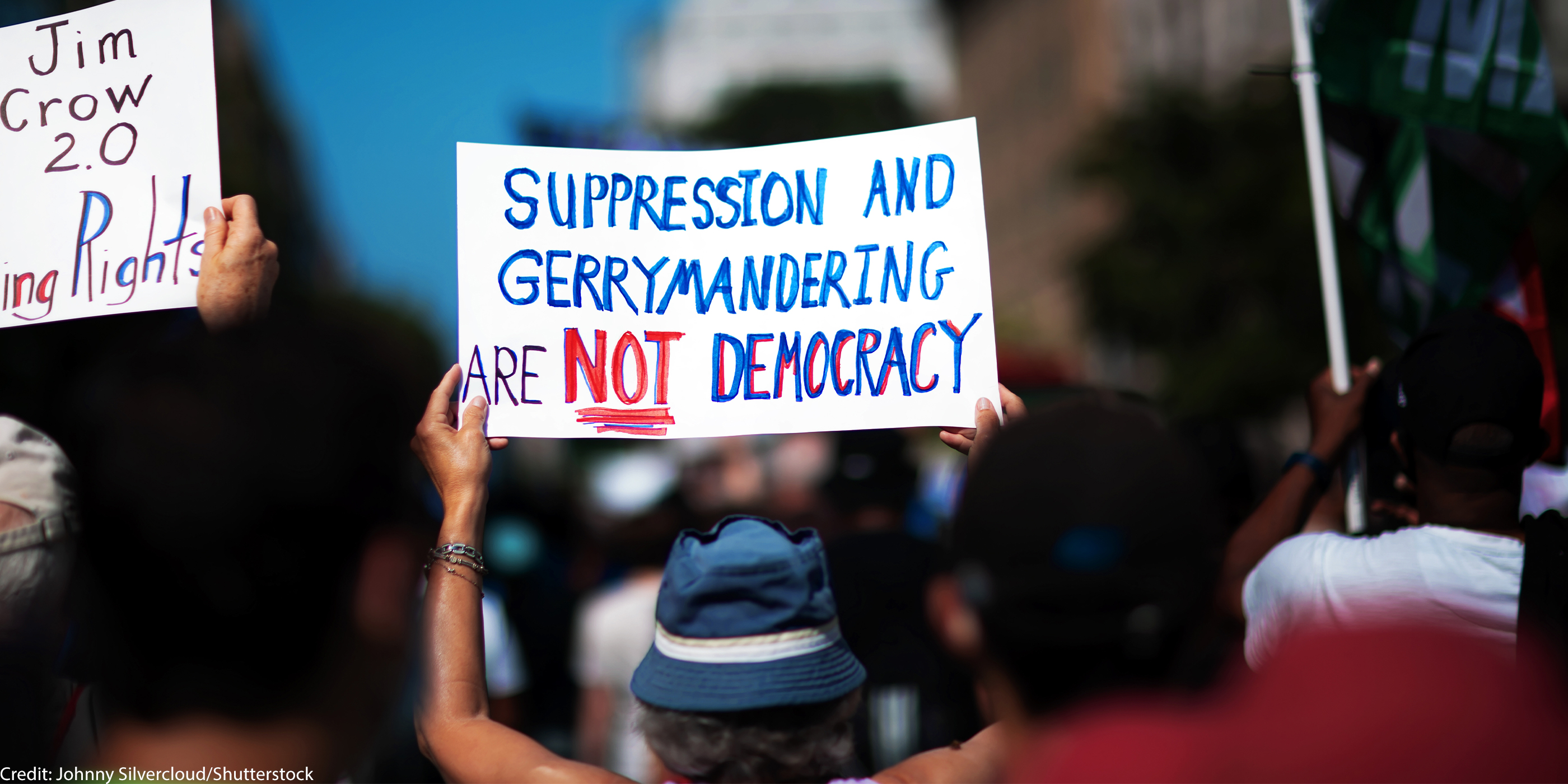
Rucho v. Common Cause/Benisek v. Lamone (Amicus)
What's at Stake
Whether partisan gerrymandering claims are justiciable and whether the plaintiffs in North Carolina and Maryland established that the legislatures had impermissibly sought to benefit one party over the other, regardless of how voters voted.
Summary
The American Civil Liberties Union, the New York Civil Liberties Union, the ACLU of North Carolina, and the ACLU of Maryland filed an amicus brief arguing that partisan gerrymandering claims are judicable and that the plaintiffs in the two cases under review had established unconstitutional gerrymanders.
A fundamental precept of representative democracy is that the government must regulate the electoral process in an even-handed manner. Just as the legislature could not rig election results by drawing districts after citizens have voted, so it may not do so in advance. Partisan gerrymandering is incompatible with democratic principles. It subverts government’s obligation to remain neutral in regulating elections. There is longstanding consensus that the practice lies beyond the constitutional pale.
Partisan gerrymandering violates the First Amendment where the state draws districts with the purpose and effect of entrenching—or “freezing”— partisan advantage against likely changes in voter preferences. There is not one way of proving entrenchment, just as there is not one way of proving disparate effect in a discrimination case or unfair competition in an antitrust action. But the courts have been able to use the traditional tools of litigation to identify districts that are such outliers, and so freeze the political process, that they presumptively violate the First Amendment.
Legal Documents
-
06/12/2019
Rucho v. Common Cause/Benisek v. Lamone - Amicus Brief
Date Filed: 06/12/2019
Download Document